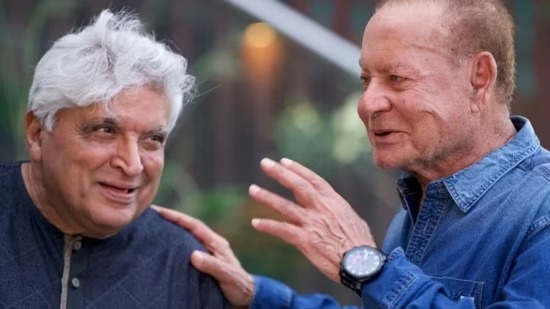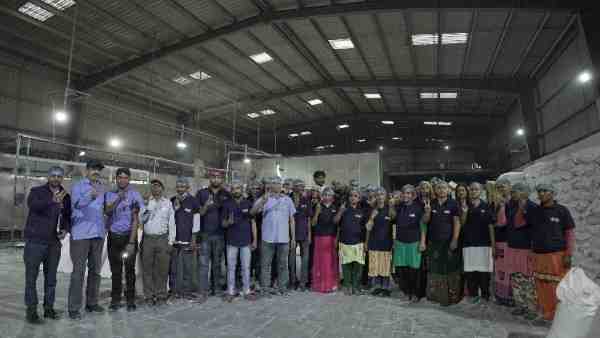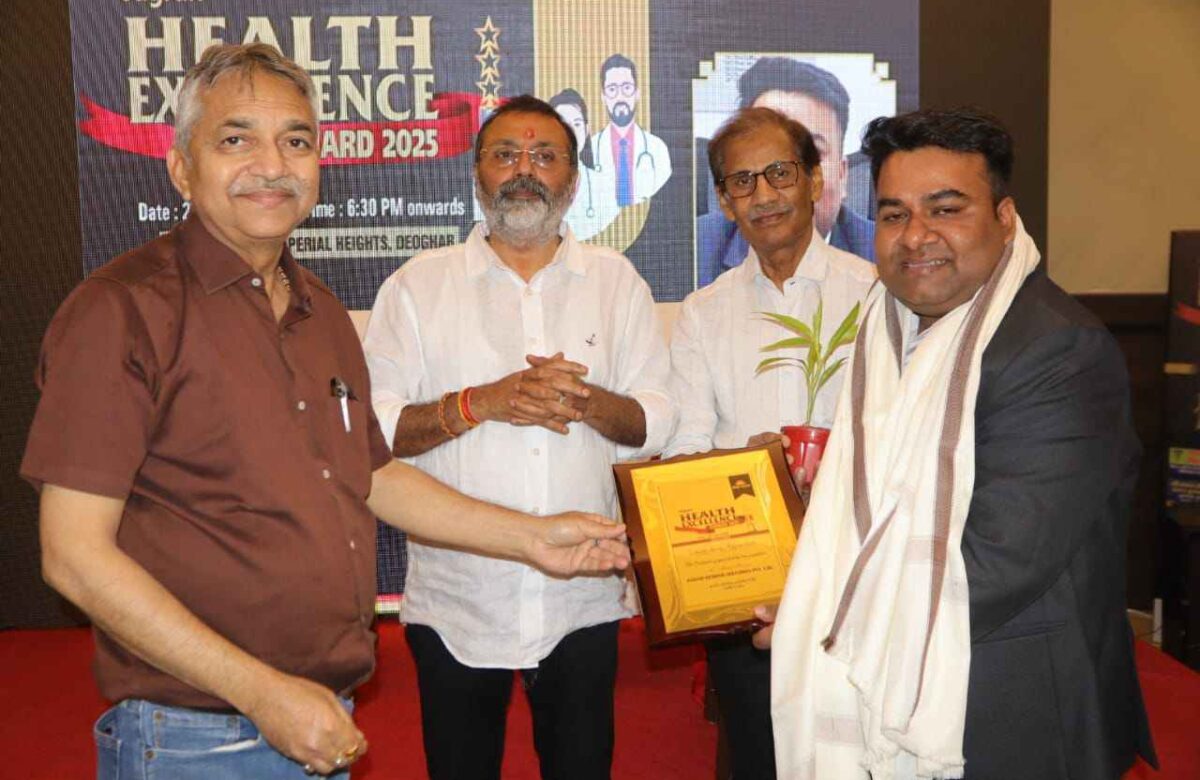- October 6, 2024
‘Salim-Javed were not writers, they only copied from other films,’ says FIR writer Amit Aaryan

In a statement that has sparked a major controversy in Bollywood, Amit Aaryan, a well-known writer from the popular television show FIR, has taken a bold stand by questioning the originality of one of the most iconic screenwriting duos in Indian cinema—Salim-Javed. In a recent interview, Aaryan remarked, “Salim-Javed were not writers, they only copied from other films,” which has sent shockwaves through the film fraternity and cinephiles alike. This statement directly challenges the monumental legacy of Salim Khan and Javed Akhtar, the writing team behind some of the most successful and celebrated films in Bollywood history, such as Sholay (1975), Deewaar (1975), Don (1978), and Zanjeer (1973). The duo, who pioneered the “angry young man” narrative in Indian cinema, are often credited with transforming the way films were written and perceived in Bollywood during the 1970s and 1980s. Amit Aaryan’s accusation, which questions the authenticity of their work, has led to a heated debate, with both supporters and critics weighing in on the issue. This article delves deep into the controversy, exploring the history of Salim-Javed’s partnership, Amit Aaryan’s stance, and the broader implications of such a statement on the Indian film industry. Before dissecting Aaryan’s claims, it is essential to understand the massive influence that Salim Khan and Javed Akhtar have had on Indian cinema. As a screenwriting duo, they are credited with creating stories and characters that are etched in the hearts of millions. Their collaboration gave birth to some of the most iconic films of the 1970s and 1980s, which not only changed the face of Hindi cinema but also laid the foundation for the careers of some of Bollywood’s biggest stars, particularly Amitabh Bachchan. Their scripts often featured strong male protagonists, typically an “angry young man” fighting against the social injustices of the time. Films like Zanjeer and Deewaar revolutionized the concept of heroism in Bollywood, moving away from the romantic and idealistic heroes of the past to flawed, emotionally complex characters. In many ways, Salim-Javed redefined the structure of Bollywood films, creating narratives that blended commercial appeal with social commentary. They are often seen as the architects behind Amitabh Bachchan’s rise to superstardom, as their scripts provided the perfect platform for him to showcase his intensity and range. The statement by Amit Aaryan has raised eyebrows not only because of its audacity but also due to the fact that it challenges the untouchable stature of Salim-Javed in Bollywood. Aaryan’s primary contention is that Salim-Javed were not original creators, but instead, they borrowed heavily from Western films, both in terms of plotlines and character arcs. In the interview, Aaryan said, “If you look closely at many of Salim-Javed’s scripts, you will see that they are heavily inspired by foreign films. For example, Sholay, which is considered their magnum opus, takes a lot from classic Westerns like The Magnificent Seven (1960) and Once Upon a Time in the West (1968). They were brilliant at adapting and localizing stories, but the claim that they were revolutionary writers is exaggerated. They were essentially borrowing ideas and modifying them for the Indian audience.” Aaryan’s argument isn’t entirely new, as there have been murmurs over the years about Salim-Javed drawing inspiration from Hollywood. However, no one in the industry had openly criticized them in such a blunt manner until now. By alleging that they copied their ideas from other films, Aaryan is attacking the core of their legacy.



